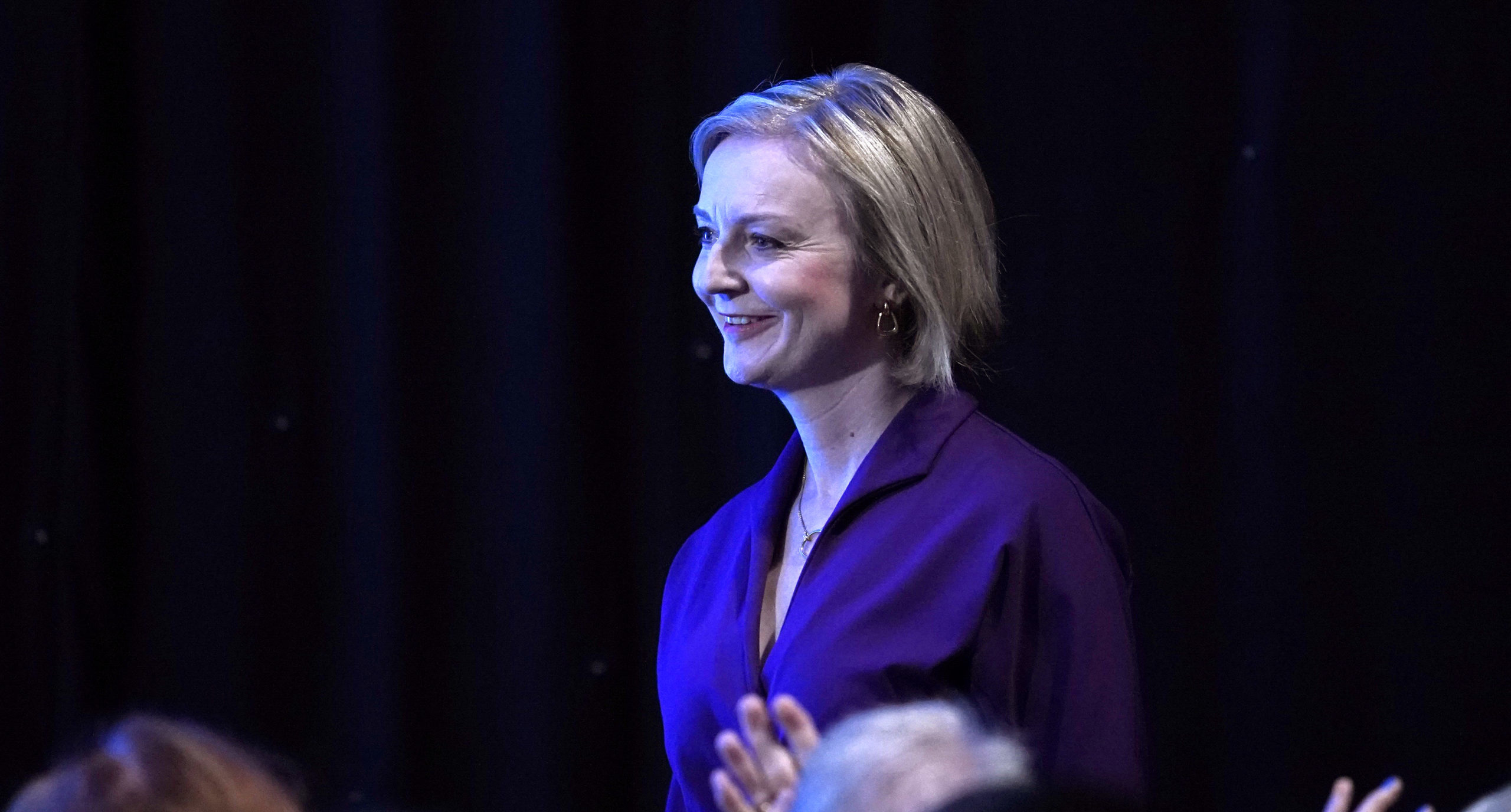Liz Truss may have only been Tory party leader for under an hour, but her economic programme has been declared as good as dead. On the Left, she has been criticised of ‘fantasy economics’ that fail to help the poorest cope by focusing relief on the richest, while on the Right, sound-money fiscal conservatives have lined up to criticise the new PM of being irresponsibly profligate, with her plans to borrow for tax cuts during an inflation spike. Even her supporters admit that her plans could ‘create havoc’ for the UK.
So where does this leave our soon-to-be PM? Without so much as a cabinet appointed, it would appear that her agenda, which includes cancelling the national insurance rise, removing a planned increase in corporation tax and scrapping green levies, is only popular with the Right-wing of the Tory grassroots.
Step forward, Anatole Kaletsky. The veteran economist and commentator, ex Times, Financial Times and Economist, writes for his research company Gavekal that Trussonomics just might work. Although at pains to emphasise that he personally thinks it is more likely to fail, he concedes that we are in unconventional times and that the Truss’ Keynesian experiment with fiscal expansion and monetary contraction could plausibly succeed. It all depends on what the root cause of the current inflation really is:
The old monetarist doctrine that inflation is “always and everywhere a monetary phenomenon,” caused simply by central banks printing too much money, has been convincingly refuted by experience, first in Japan from 1990 onwards, and then in the world as a whole since 2009.
Alternative theories that inflation is caused by low unemployment or excessive government borrowing or spending are even more dubious. Inflation has many possible causes, which differ widely depending on social, economic and technological conditions in different countries at different times.
It is therefore possible, although not likely, that inflation may be successfully reduced by the combination of policies promised by Truss: imposing price controls on energy and some other essentials, cutting real wages by breaking strikes and tightening anti-union legislation, pressing the Bank of England to tighten monetary policy, and then using tax cuts or targeted public spending to support politically-favored business sectors and social groups.
It is also possible, and rather more likely, that an advanced economy such as the UK can operate quite well with substantially higher inflation than the conventional 2% target. And it is entirely probable that running large public deficits, instead of sticking to austere fiscal targets, will have no discernible effect on either inflation or interest rates over any politically relevant timescale, especially if declining real wages keep consumption subdued.
If some or all of these statements turn out to be true, then Truss’s unorthodox economics may manage to avert the deep recession that almost everyone in the UK now sees as inevitable—and do it without creating a disastrous inflationary spiral.










Join the discussion
Join like minded readers that support our journalism by becoming a paid subscriber
To join the discussion in the comments, become a paid subscriber.
Join like minded readers that support our journalism, read unlimited articles and enjoy other subscriber-only benefits.
Subscribe